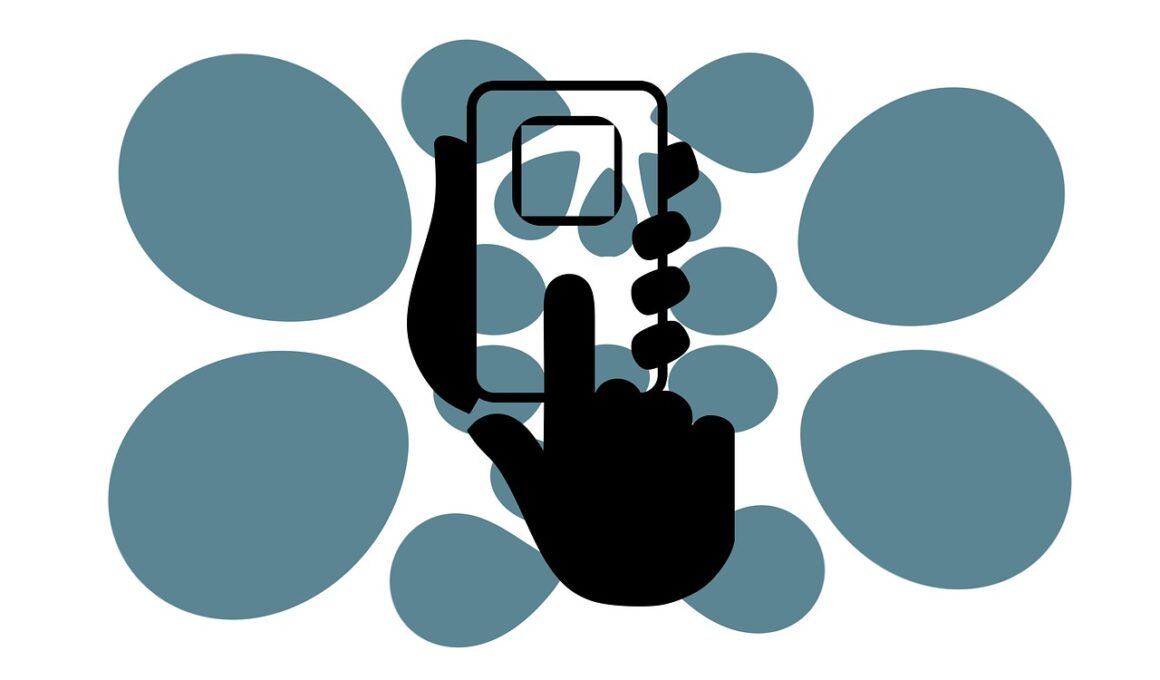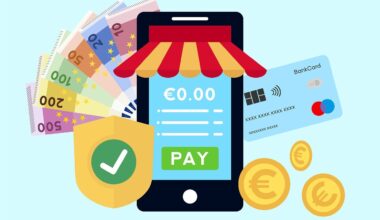Building Influencer Partnerships for Event Promotion
Building strong influencer partnerships is essential for successful event promotion. First, you need to identify the right influencers for your target audience. Research influencers that resonate most with your demographic, considering factors like their engagement rates and audience size. Once you have a shortlist, engage with these influencers by following them on social media, liking their posts, and commenting authentically. This builds familiarity and rapport before you initiate any formal outreach. Next, craft personalized outreach messages explaining why you believe they would be a great fit for your event. Highlight any mutual benefits and how their involvement could enhance your event’s visibility. Discuss potential collaboration ideas, such as sponsored posts, giveaways, or exclusive access for their followers. Be transparent about the terms of collaboration, including compensation and expectations. After securing their partnership, provide them with all necessary event details and marketing materials. This streamlines the promotion process and ensures they have accurate information to share. Monitor the partnership closely, track engagement, and maintain open communication throughout the event promotion phase. This fosters a lasting relationship and opens doors for future collaborations.
Understanding your target audience is key to driving influencer partnerships effectively. Use analytics tools to gather insights into your audience demographics, such as age, location, and interests. Review engagement metrics to determine what content resonates best with your followers. This information will help you choose influencers whose audiences mirror your target demographic, increasing the likelihood of successful promotions. You should also consider the influencers’ content style and tone. Finding someone who aligns naturally with your event’s vision ensures authenticity in their promotion. Authentic promotions generate more excitement and interest, leading to higher engagement rates. Additionally, consider influencers with a history of promoting similar events; they’ll often have established credibility, making them more appealing to your audience. As you engage potential partners, be sure to collaborate on creative content ideas that fit both of your brands. By giving influencers creative freedom, you encourage genuine competition, making their posts more relatable. Leverage their unique perspective while maintaining your event’s objectives. Lastly, continuously evaluate the performance of these partnerships to determine their impact on your event’s success and gauge the potential for future collaboration.
Choosing Collaboration Formats
When building partnerships with influencers, choosing the right collaboration format is crucial. Influencers often have various platforms they use to engage with their audience, including Instagram, YouTube, and blogs. Selecting the right platform that complements your event theme can greatly influence reach and engagement. For visual or experiential events, Instagram and TikTok can showcase live moments particularly well, while YouTube can be utilized for deeper narratives surrounding the event. Another approach is to invite influencers to create exclusive content leading up to the event. This can include behind-the-scenes coverage or sneak peeks of featured speakers, generating excitement and anticipation among followers. Engaging giveaways also serve as effective promotional tools. Consider having influencers run contests that encourage their audience to participate in your event. Additionally, you may incorporate personalized discount codes for their followers, incentivizing purchases. Influencer takeovers, where they temporarily manage your social profiles, can also bring fresh content to your channels and foster engagement. Lastly, don’t shy away from brainstorming unconventional ideas with influencers to ensure that the collaboration remains unique and memorable.
Developing a clear and compelling campaign is vital when collaborating with influencers. Outline the objectives of your event marketing strategy, detailing what you hope to achieve through these partnerships. Is your primary goal to sell tickets, increase brand awareness, or promote a new product or service associated with the event? Establish clear key performance indicators (KPIs) to measure the success of the influencer campaign. Determine how you will assess metrics like engagement levels, how many tickets were sold under personalized codes, and the overall reach of promotional efforts. Prepare a comprehensive campaign brief for your influencer partners, providing them with information they need such as event details, deadlines, and key messages to communicate. The clearer this brief, the more aligned your influencers will be with your goals. Encourage open dialogue, allowing influencers to share their ideas about crossover promotions and any concepts they feel will engage their audience best. Lastly, as your event date approaches, initiate reminders to maintain enthusiasm among the partnered influencers and your shared audience. This continuity helps sustain interest and involvement leading up to the event itself.
Monitoring and Analytics
Monitoring the success of your influencer partnerships is essential in understanding their effectiveness. Once the promotional period begins, keep track of engagement metrics across different platforms. Use analytical tools such as Google Analytics and social media metrics to monitor traffic sources, identifying what content drives the most interactions. These insights help you understand which influencers generated the best response and which platforms performed well. Additionally, create a shared tracking sheet to analyze each influencer’s contributions and engagement levels. Data such as impressions, likes, shares, and ticket sales associated with the campaigns are vital to assess overall performance. Be proactive in collecting feedback from the influencers themselves; they may have valuable insights into their audience’s reactions and readjust their strategies mid-campaign. Monitoring discussions and sentiments surrounding your event through comments and hashtags will provide additional qualitative data. Be prepared to adjust tactics in real-time if certain strategies are not delivering the anticipated results. After the event, compile this data to evaluate the success of the influencer collaborations fully. A debrief will help you refine your approach for future events.
After the event, maintaining relationships with influencers can be fruitful for future campaigns. Follow up with a thank-you message, expressing gratitude for the unique perspectives and promotion they provided. This gesture cultivates goodwill and promotes a positive association with your brand. Share the results of the collaboration with them; influencers appreciate knowing the impact their efforts made, whether through engagement metrics or ticket sales. Consider hosting a feedback session, giving them an opportunity to voice their thoughts on the campaign and how your partnerships can grow. This discussion may yield valuable insights that will strengthen future collaborations. Another approach is to invite influencers to future events even if they don’t actively participate; this allows for organic promotion through their profiles. Regularly engage with their content on social media, continuing to build rapport and trust. You may even explore the possibility of long-term partnerships, where influencers become ambassadors for your brand and events over time. By fostering ongoing relationships, you are more likely to achieve sustained success and enhanced reach for all upcoming promotions.
Conclusion
In conclusion, building influencer partnerships for event marketing is a strategic move that can significantly enhance your promotional effectiveness. Remember the essential steps: identify relevant influencers, create compelling collaborations, monitor outcomes, and maintain healthy relationships after your event. This process involves a detailed understanding of your audience’s preferences and an openness to experimenting with innovative collaboration formats. Providing clear communication, consistent engagement, and meaningful reciprocation towards your influencers solidifies relationships for future opportunities. Consider the importance of analytics to guide your decision-making throughout this journey. Effective partnerships should yield measurable results, allowing you to assess and refine your strategy continually. Always approach influencer marketing as an ongoing journey rather than a one-time event. By inviting influencers to be advocates of your brand, you create a community around your events that extends far beyond the event day. With the right approach to influencer relationships, your event marketing can flourish, attracting a broader audience and driving greater engagement in ways traditional marketing may not achieve. Stay adaptable, and embrace collaboration as a key component to your event marketing success.
To reinforce your learning on influencer partnerships, consider exploring additional resources and case studies. There are numerous online courses and articles that dive deeper into best practices within event marketing. Available platforms often provide free webinars detailing successful campaigns executed by recognized brands. Networking with peers in the industry can also yield fruitful insights; attend industry conferences or webinars focused on event marketing and social media strategies. Additionally, social media platforms themselves often have educational content aimed at helping professionals understand effective marketing strategies, including influencer collaboration. Implement these insights into your future planning, and always remain open to adapting your strategies as the digital landscape evolves. Experiment with AI and new technologies in social media to understand emerging trends that may affect your audience engagement. As you continue on this journey, remember that flexibility and responsiveness define a successful marketing strategy and influencer relationship. Your investment in building these partnerships will ultimately enhance your reputation and drive success through effective promotion. Embrace creativity, analytics, and relationship-building as the cornerstones of your ongoing journey in event marketing.


